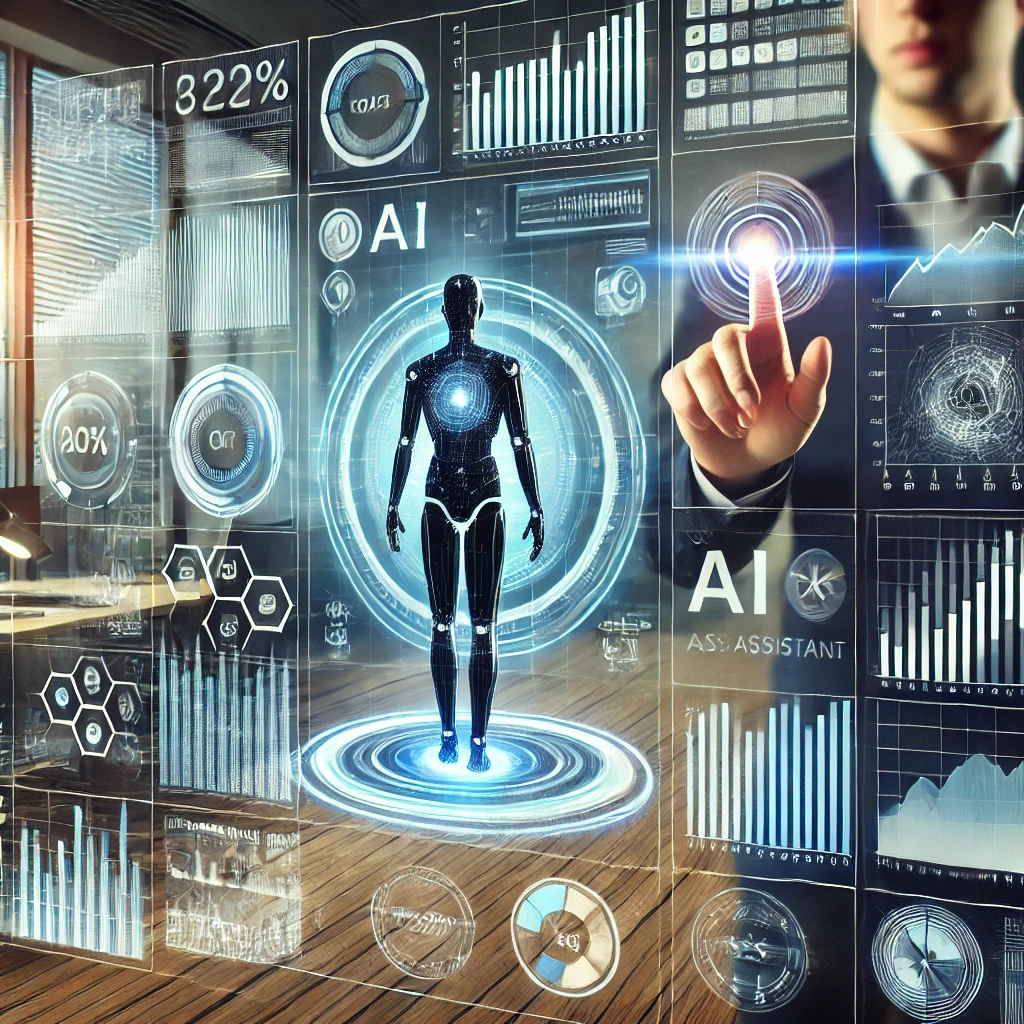Emotional AI in Gaming has revolutionized the way we experience video games, moving beyond pixelated graphics and simple gameplay. With advancements in technology, modern games now offer immersive experiences with detailed graphics, expansive worlds, and intricate storylines. Among the most exciting innovations is the integration of artificial intelligence, specifically emotional AI. This groundbreaking technology enables games to respond to players’ emotions, creating dynamic and personalized gameplay. In this article, we explore how emotional AI in gaming is transforming player interaction, from AI role-playing games to AI simulators and the future of playing AI in the gaming industry.

What is Emotional AI in Gaming?
Emotional AI refers to the ability of artificial intelligence to recognize, understand, and respond to human emotions. In the context of gaming, this means AI systems are able to interpret players’ emotional states, such as joy, frustration, excitement, or fear, and adjust the game environment or the storyline accordingly. The aim is to create a more immersive and emotionally resonant experience by tailoring the game’s interactions based on the player’s emotional responses.

Emotional AI is still in its early stages but has already made a significant impact on game design. Game developers are increasingly leveraging artificial intelligence games to craft experiences that feel more responsive, adaptive, and human-like. Whether it’s creating more complex NPC (non-playable character) behaviors or adjusting the game’s narrative flow based on emotional cues, the integration of emotional AI opens new doors for storytelling and gameplay.
The Role of Emotional AI in Role-Playing Games (RPGs)
One of the most notable applications of emotional AI is in AI role-playing games (RPGs), where the narrative and player choices are central to the experience. RPGs, which often feature rich storylines, deep character development, and expansive worlds, are an ideal platform for emotional AI.
AI technology is transforming various fields, from gaming to home automation. Just as emotional AI in RPGs makes interactions with NPCs feel more authentic by adapting to players’ moods, AI-driven smart home systems enhance user experience by learning and responding to individual preferences. For example, a smart thermostat can “understand” your routines, adjusting heating or cooling based on your daily patterns, just as an NPC would adjust its dialogue to suit a player’s mood. This responsiveness not only provides convenience but also saves energy, making your home smarter, more efficient, and tailored to your lifestyle.
This kind of role-playing AI enhances the narrative immersion, allowing players to engage more deeply with the characters and the game world. The AI in emotional intelligence brings the game’s universe to life, creating personalized interactions that feel much more real than static, pre-written dialogue.
The Future of Emotional AI in Game Design
The potential of game design AI that incorporates emotional intelligence is immense. Emotional AI allows for deeper, more meaningful connections between players and the games they play. As AI continues to evolve, we can expect the emotional dynamics in games to become even more sophisticated. Here are a few ways emotional AI could further impact game design in the future:

- Dynamic Storytelling: The narrative in a game could change in real-time based on how the player is feeling. For example, if a player is anxious or scared, the AI could adjust the level of tension in the game, making it either more intense or offering a break to help the player manage their emotions. This adaptive storytelling could lead to a more engaging and personalized experience.
- Advanced NPC Interactions: NPCs could develop deeper emotional intelligence, responding not just to the player’s actions but also to the emotional tone of the player’s voice, facial expressions, or even their body language (in VR and AR environments). This would make the in-game characters seem more alive and less like scripted robots, creating a richer, more emotionally fulfilling experience for the player.
- Immersive Virtual Worlds: In the future, AI simulators could use emotional AI to create fully immersive virtual worlds where the environment itself reacts to the player’s emotions. The weather, lighting, or even the soundtrack could shift based on how the player is feeling, further enhancing the realism and immersion of the experience.
- Multiplayer Games and AI Responses: In online multiplayer games, emotional AI could be used to monitor and analyze players’ emotions in real time. For example, if players are getting frustrated with the gameplay or each other, the AI could intervene with suggestions or changes to improve the experience and reduce negative emotions.
Playing AI: A New Era in Gaming
Playing AI is also changing the way we think about gameplay. Traditionally, AI in games was designed to create opponents that could challenge players, but emotional AI goes beyond just making opponents smart—it makes them responsive. In games with AI role-playing elements, the AI can not only be a challenger but also a companion or an adversary who learns from the player’s emotions and adapts accordingly.
AI games online that integrate emotional AI could offer a highly personalized gaming experience. Multiplayer games, for example, could create environments where AI learns the emotional needs and behaviors of each player, creating a dynamic and adaptive experience. This type of AI gaming could lead to more engaging and rewarding multiplayer experiences, as the game itself becomes more attuned to the players’ emotions.
The Best Graphics Card for AI and Future Gaming Technology
As AI in games continues to advance, the need for powerful hardware will become even more crucial. For gamers and developers alike, having the best graphic card for AI will be important for running the most sophisticated AI-driven games. The ability to process vast amounts of data in real-time, including emotional cues and complex game dynamics, requires cutting-edge technology. Graphics cards designed for AI and machine learning, such as the NVIDIA RTX series, are already making their way into the gaming world, allowing developers to build more realistic and emotionally responsive games.
Conclusion: The Impact of Emotional AI on Gaming
The integration of artificial intelligence for games has already begun to reshape the gaming landscape, and emotional AI is one of the most promising developments. By creating more responsive and adaptive game environments, emotional AI is transforming how players interact with games and characters. From AI role-playing games to AI simulators, this technology is unlocking new possibilities for storytelling, gameplay, and player engagement.

As we look ahead, the future of gaming will likely be defined by even more personalized and emotionally intelligent experiences. Whether it’s through dynamic NPC interactions, immersive virtual worlds, or personalized emotional feedback, emotional AI is poised to be a game-changer in the industry. As players continue to seek more meaningful, interactive, and emotionally resonant experiences, emotional AI will be at the forefront, driving innovation and redefining the future of gaming.

